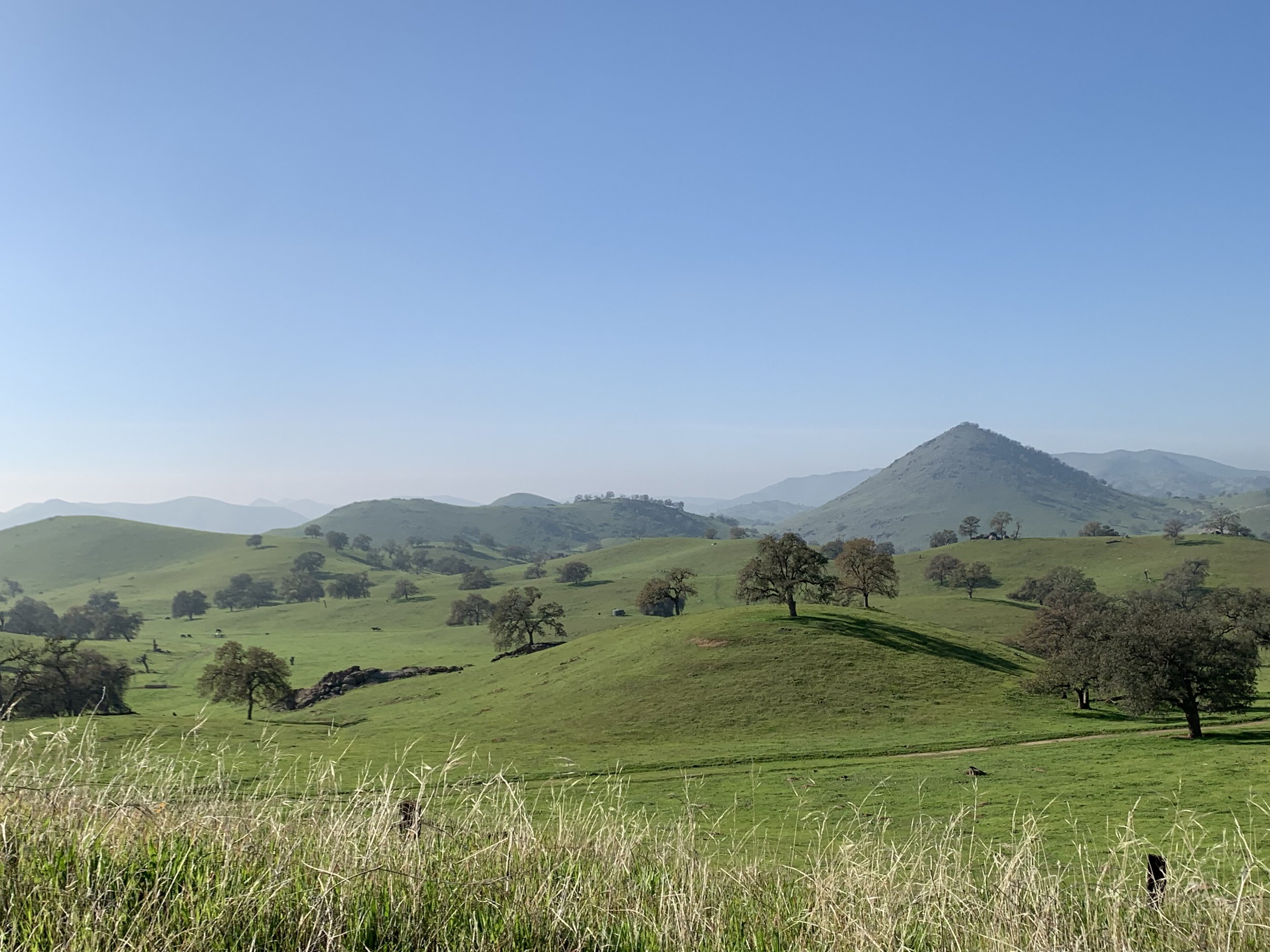
Leadership Team
Larry Saslaw
Larry has been working in the Tulare Basin and Central California region since 1985. He retired after a 35-year career with the Bureau of Land Management as a wildlife biologist in Rawlins, Wyoming and the Bakersfield Field Office. He currently works part-time for the CSU, Stanislaus Endangered Species Recovery Program as a team member conducting research on San Joaquin Valley threatened and endangered species. Larry is currently the President of The Tulare Basin Watershed Partnership Network following a twenty-year involvement in the Network’s prior Tulare Basin Working Group and Tulare Basin Wildlife Partners organizations. Larry’s career in the Tulare Basin has focused on riparian-wetland and upland habitat management and included working on farmland repurposing at the Atwell Island Land Retirement Demonstration Project in southern Tulare County.
Logan Huecker
Dr. Logan Robertson Huecker joined TBWN in March of 2022. She is the Executive Director of Sequoia Riverlands Trust. Logan has worked for more than two decades in the nonprofit and education sectors in California, Guatemala, and Honduras. Her work at SRT leverages her professional experience and expands upon her deep commitment to the natural and agricultural legacy of the Sierra foothills and Central Valley. She has experience leading non-profit organizations and publicly funded programs; managing staff teams, spearheading collaborative initiatives, and implementing federal, state, and local policies. Throughout her career, Logan has worked to identify and secure government and foundation funding sources, cultivate new donor relationships, and foster connections with current supporters. She holds a PhD in Education from the University of California, Santa Barbara, and has served on the faculty of the Bard College Master of Arts in Teaching Program, as well as non-profit boards. She has also been a trainer and mentor for the California School Age Consortium (CalSAC). Logan lives on a ranch outside of Three Rivers with her family, which includes a dog, a cat, a horse, and a dozen or so cattle.
Matt Hurley
Matt Hurley has held many roles, including the general manager of the McMullin Area Groundwater Sustainability Agency (MAGSA). Hurley led MAGSA in the development, adoption, and implementation of a Groundwater Sustainability Plan for the sustainable management of groundwater within the MAGSA service area. As CEO of Water Management Professionals, Inc, Hurley has extensive SGMA knowledge and background having been heavily involved at the State and local levels with the development of the regulations and implementation of SGMA. He served on the Department of Water Resources SGMA Practitioner’s Advisory Panel and the Association of California Water Agencies SGMA Task Force.
As a licensed attorney, Hurley is fully versed in water law and has broad experience in water resource and special district management. In addition to his role as General Manager of Angiola Water District, Deer Creek Storm Water District, and Green Valley Water District for the last ten years, Hurley organized and managed the Tri-County Water Authority GSA in the Tulare Lake Subbasin since 2016. He also served as Board Chair for several local water agencies including the Fresno Slough Water District, Atwell Island Water District, and the Tri-County Water Authority GSA.
Safeeq Khan
Along with being a part of the TBWN leadership team, Dr. Safeeq Khan is a Cooperative Extension Specialist in Water and Watershed Sciences at the University of California Division of Agriculture and Natural Resource. He is also an Adjunct Professor in Civil and Environmental Engineering at the University of California, Merced. Dr. Khan is an agricultural engineer by training with research and extension interests in hydrology and watershed systems.
Dr. Khan's research broadly focuses on understanding the interaction between climate and ecosystems to inform land and water management. He uses data-driven numerical models as a research tool to aid in the understanding of watershed systems and predicting hydrological change. He has led several projects, from investigating the impact of non-native tree species and groundwater overdraft on streamflow in Hawaii to mapping hydrological vulnerabilities to climate change in the Pacific Northwest. More recently, his research has been focused on evaluating climate change and watershed restoration impacts on water and forest health and developing stakeholder-driven adaptive decision support tools. He serves as an associate editor for the journal of Hydrological Processes (HP). Dr. Khan is also a co-director of UC Merced’s first Innovations at the Nexus of Food, Energy and Water Systems (INFEWS) grant that focuses on connected wildland-storage-cropland subsystems in California.




